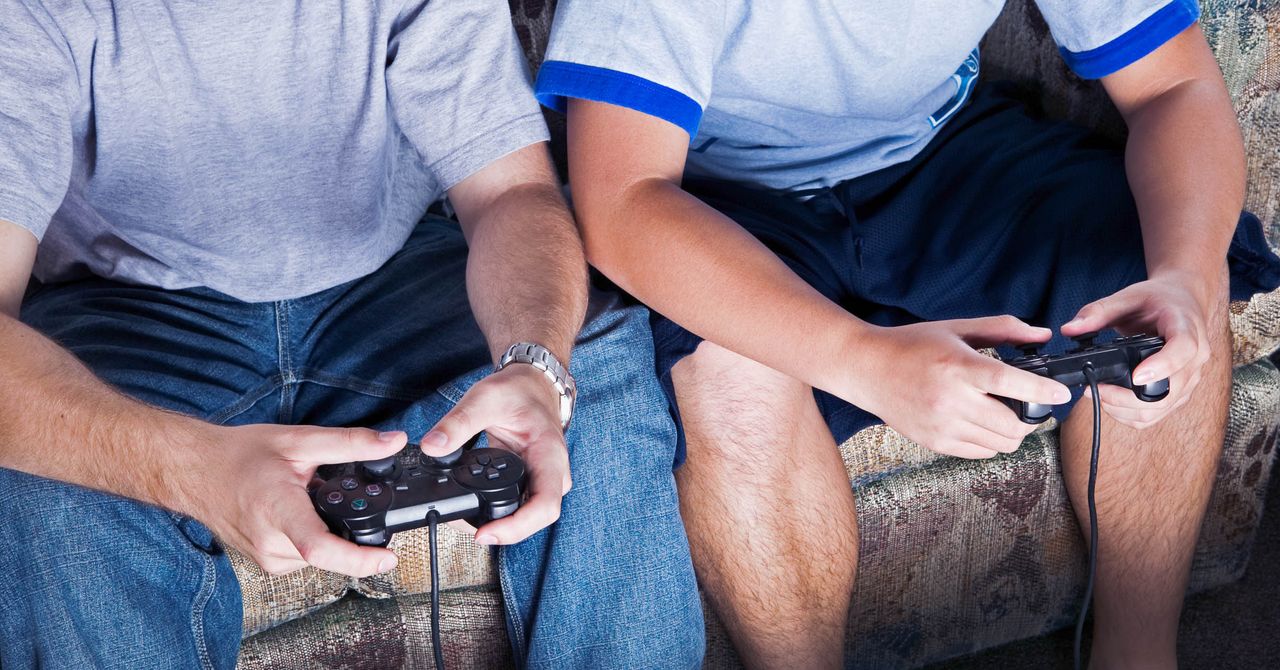
Since the World Health Organization proposed new diagnoses for "hazardous gaming" and "gaming disorder" last year, there's been an ongoing scientific debate about which way the causation for these issues really goes. Does an excessive or addictive relationship with gaming actually cause psychological problems, or are people with existing psychological problems simply more likely to have an unhealthy relationship with gaming?
ARS TECHNICAThis story originally appeared on Ars Technica, a trusted source for technology news, tech policy analysis, reviews, and more. Ars is owned by WIRED's parent company, Condé Nast.
A recent study by Oxford's Internet Institute, published in the open access journal Clinical Psychological Science, lends some support to the latter explanation. But it also highlights just how many of the game industry's most devoted players may also be driven by some unmet psychological needs.
Getting at the ProblemTo study how so-called "dysfunctional gaming" relates to psychological needs and behaviors, the Oxford researchers surveyed a nationally representative sample of 1,004 UK adolescents and their caregivers. They asked the caregivers to evaluate their adolescents' levels of "psychosocial functioning"—how well the adolescents are able to internalize or externalize problems in their lives as evidenced by their behavior.
The adolescents, meanwhile, answered a 24-item survey focused on whether their psychological needs are being met in daily life (e.g., "I feel a sense of choice and freedom in the things I undertake" vs. "My daily activities feel like a chain of obligations"). The adolescents were also asked how much and which kinds of videogames they played and took a survey regarding nine potential indicators of "Internet Gaming Disorder" (e.g., "I felt moody or anxious when unable to play," or "I felt that I should play less but couldn't").
Of the 1,004 adolescents surveyed, 525 said they played online games daily for an average of about three hours per day. Among that group, over 55% showed at least one of the nine indicators for Internet Gaming Disorder, and even 23% showed at least three indicators.













